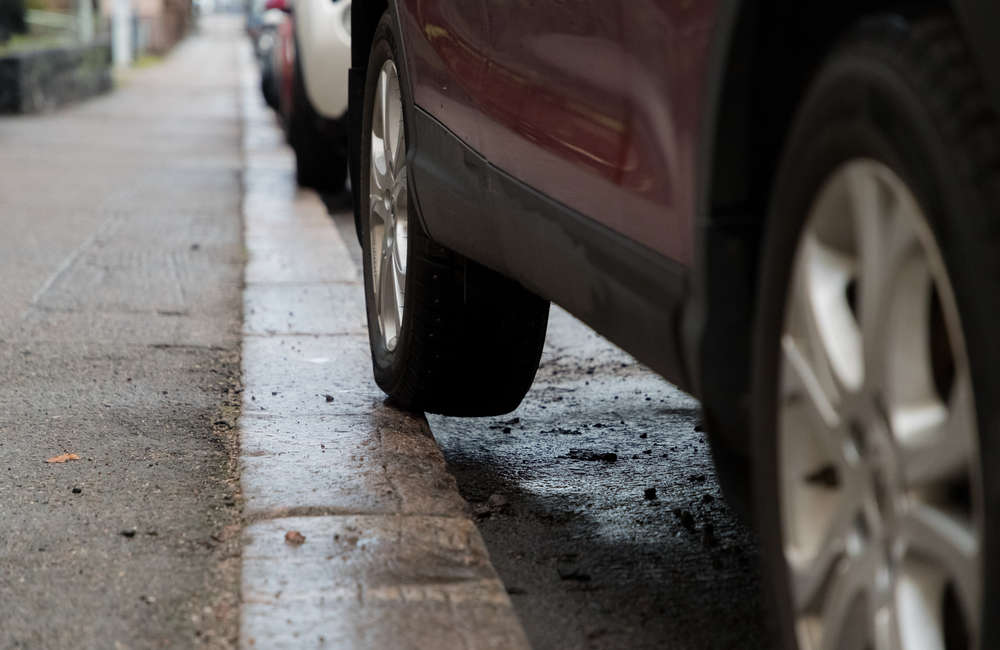
According to MPs, parking on pavements should be banned across England. The Commons’ Transport Committee wants a ban for pavement parking to become a law. They also want an awareness campaign for the impact it has for everyone especially for people with mobility or visual impairments.
The Department for Transport have said it has concluded a review on the issue and would be announcing its next steps in the next few months.
Labour MP Lilian Greenwood, said: “A couple of years ago a young wheelchair user came to one of my coffee mornings… asking me to do something about pavement parking because it stopped him getting round his own neighbourhood.
“[This report] has recommended action that will make a real difference.”
If brought into action the fine could be £70, in London the ban of pavement parking is already in place and has been since the 1970s.
To those who feel this is heavy-handed, try telling that to the 19 year old who came to visit me in her wheelchair to ask for help. This has worked in London since 1974 with exemptions to park on kerb where sensible. It can work for rest of England. https://t.co/5tQ31SPVny
— Huw Merriman (@HuwMerriman) September 9, 2019
A Department for Transport spokeswoman said: “We are committed to ensuring that our roads work for everyone, but we are also aware that pavement parking can cause real problems for a variety of road users.
“The department recently concluded a review to better understand the case for changing the law, and ministers will be considering our next steps over the coming months.”
The committee has gained the support of charities including Living in Streets who are promoting everyday walking.
Stephen Edwards, policy and communications director for Living Streets, said: “Cars parked on pavements force people with wheelchairs, parents with buggies and those living with sight loss into the carriageway and oncoming traffic.
“The committee is right to draw attention to the impact of pavement parking on loneliness. Many older adults we speak to feel stuck in their homes because they’re not able to navigate their local pavements.
“People continue to be put at risk of injury and isolation with every day of inaction that passes.”